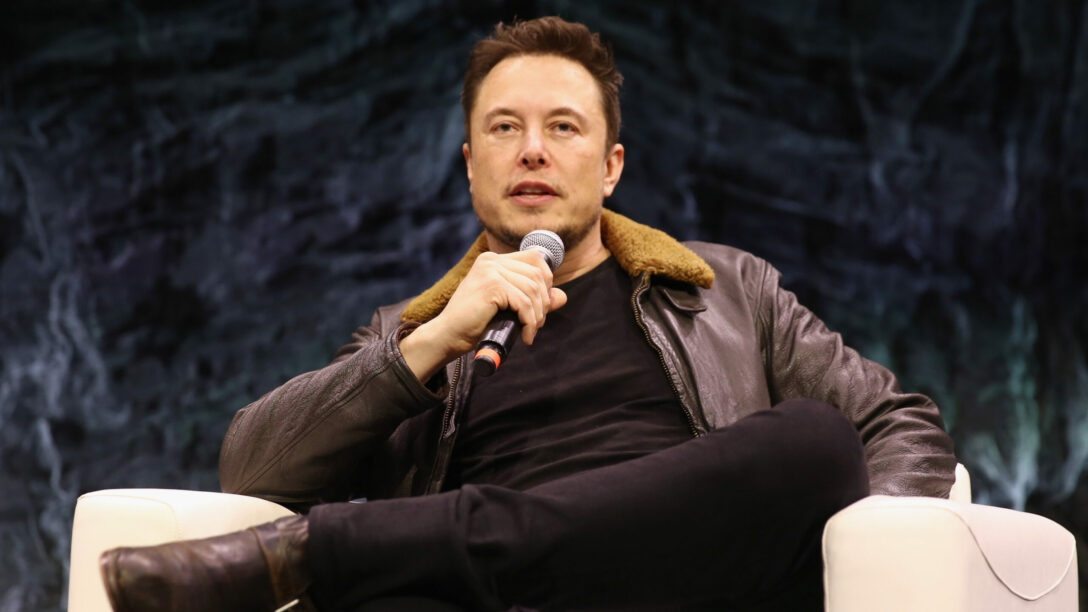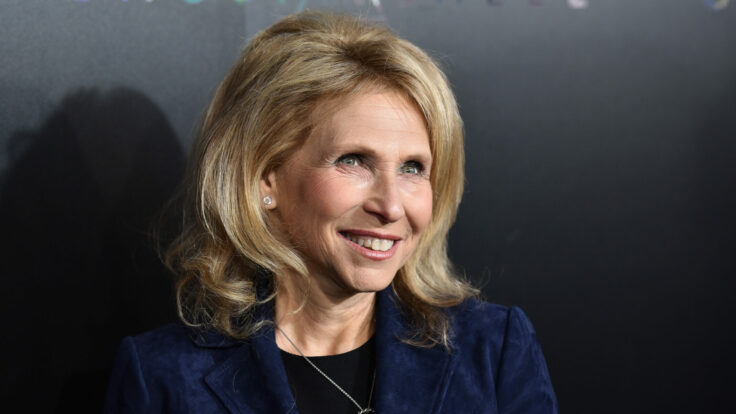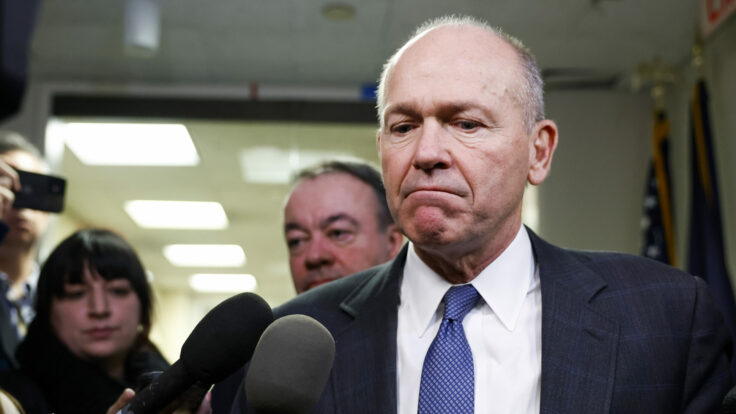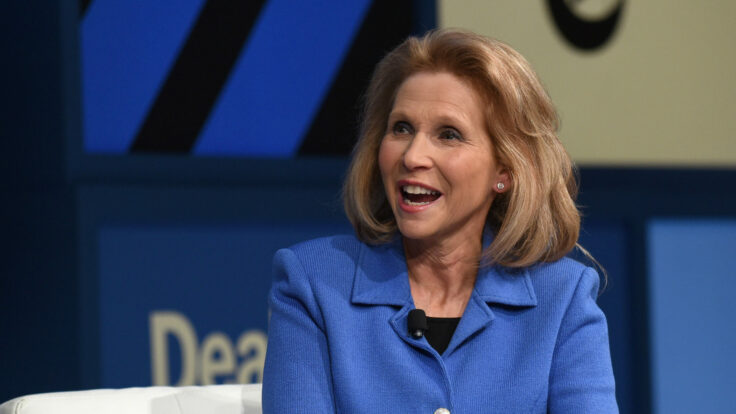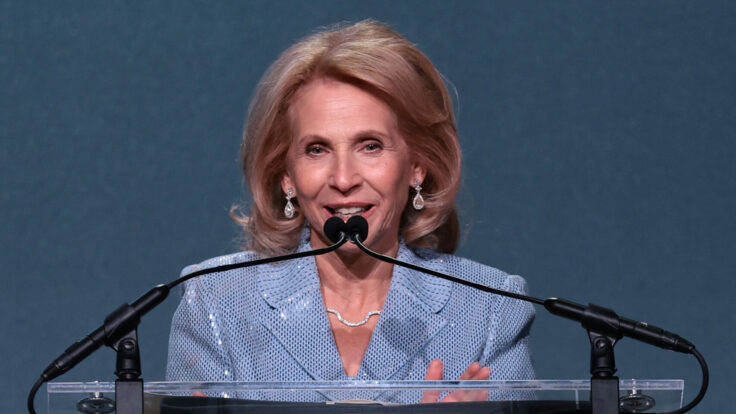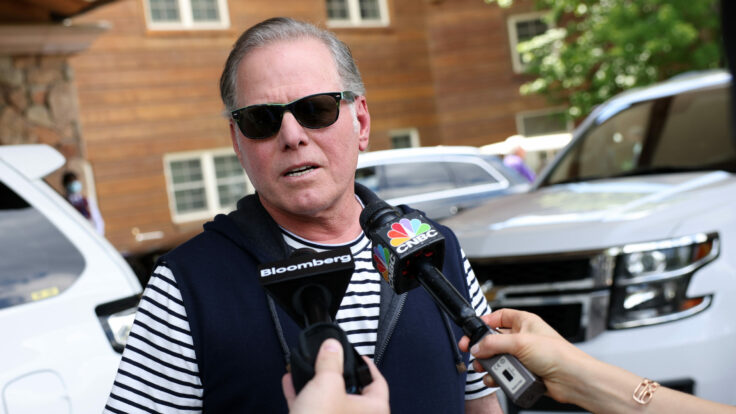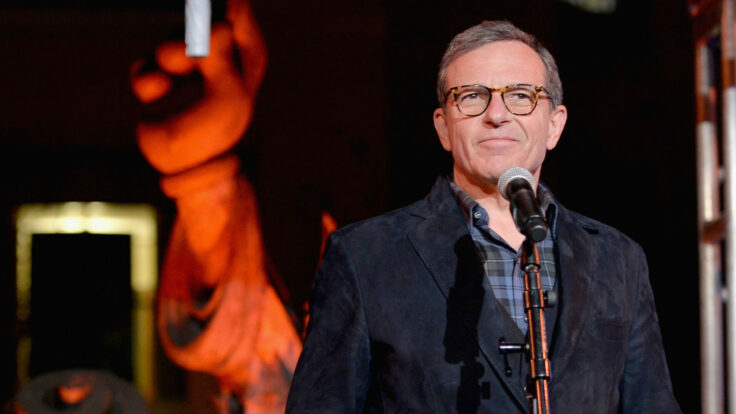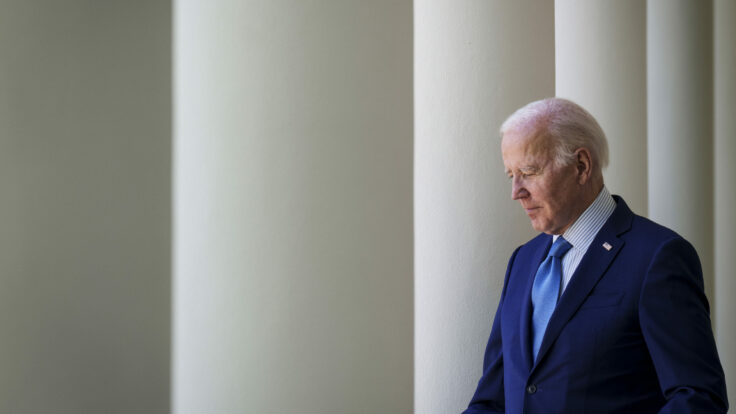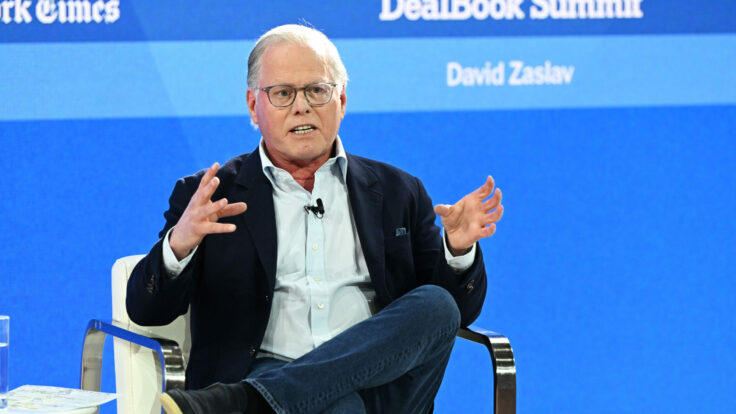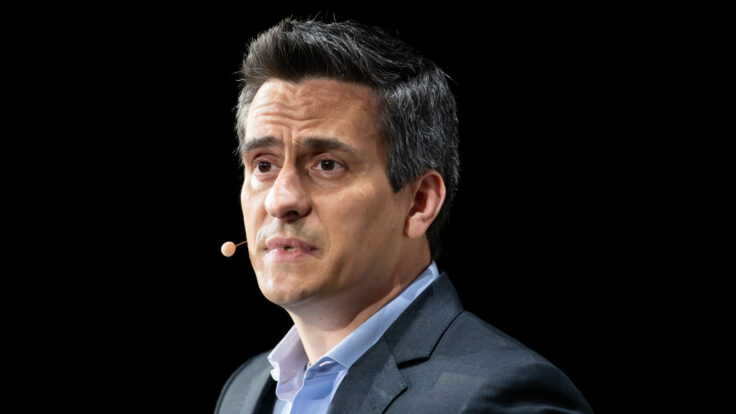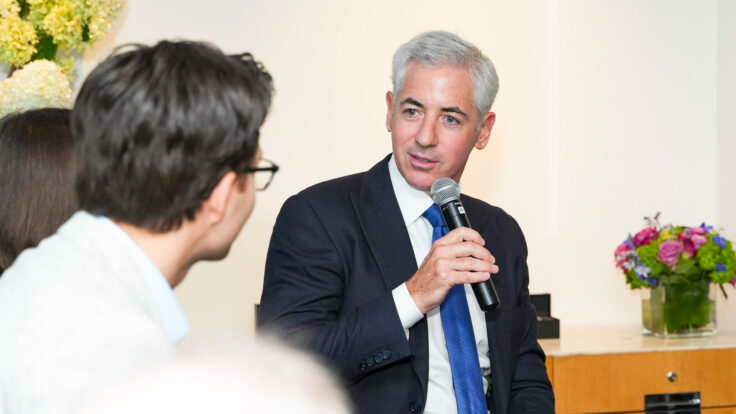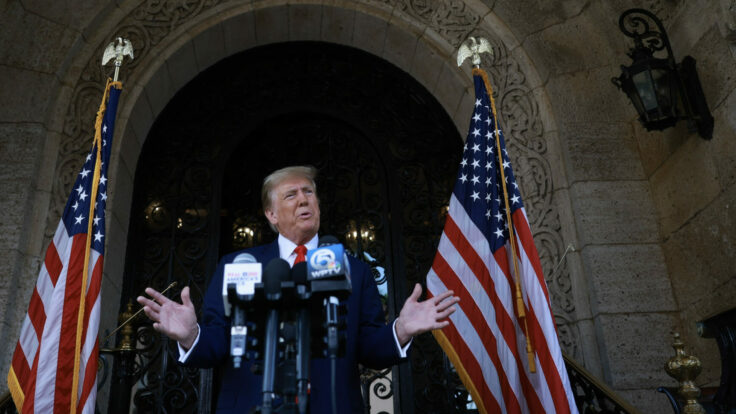On Thursday, Elon Musk convened Twitter employees for a virtual town hall to discuss his pending takeover of the company, which he agreed to purchase for $44 billion in April. Since then, of course, he has careened publicly through extreme optimism about Twitter’s financial future, promising to triple ad revenue; extraordinary contempt for its employees and culture; and buyer’s remorse at having offered a sizable premium to take Twitter private amid a tech stock meltdown that has likely cut Twitter’s fair market value in half but for his offer. He has threatened to walk away from the deal (which he cannot do, at least not without a lawsuit, or five, and a $1 billion breakup fee) over the existence of bots and other fake accounts on the platform.
The mere existence of the all-hands meeting caused Twitter’s stock to rise ever so slightly, indicating to some optimists a marginal improvement in the likelihood that Elon will close the deal. But this remains wishful thinking. Elon has made no new filings with the Securities and Exchange Commission since June 6. It’s been a quiet stretch, especially since it’s still not clear whether he still wants Twitter under the current market conditions, despite having signed a merger agreement on April 25 that commits him to close it. In its description of the meeting, The New York Times reported that it was the first time Elon acted like he was the owner of Twitter and that the town hall, in which he appeared 10 minutes late, by cell phone video, “suggested he was set on closing the blockbuster acquisition.”
